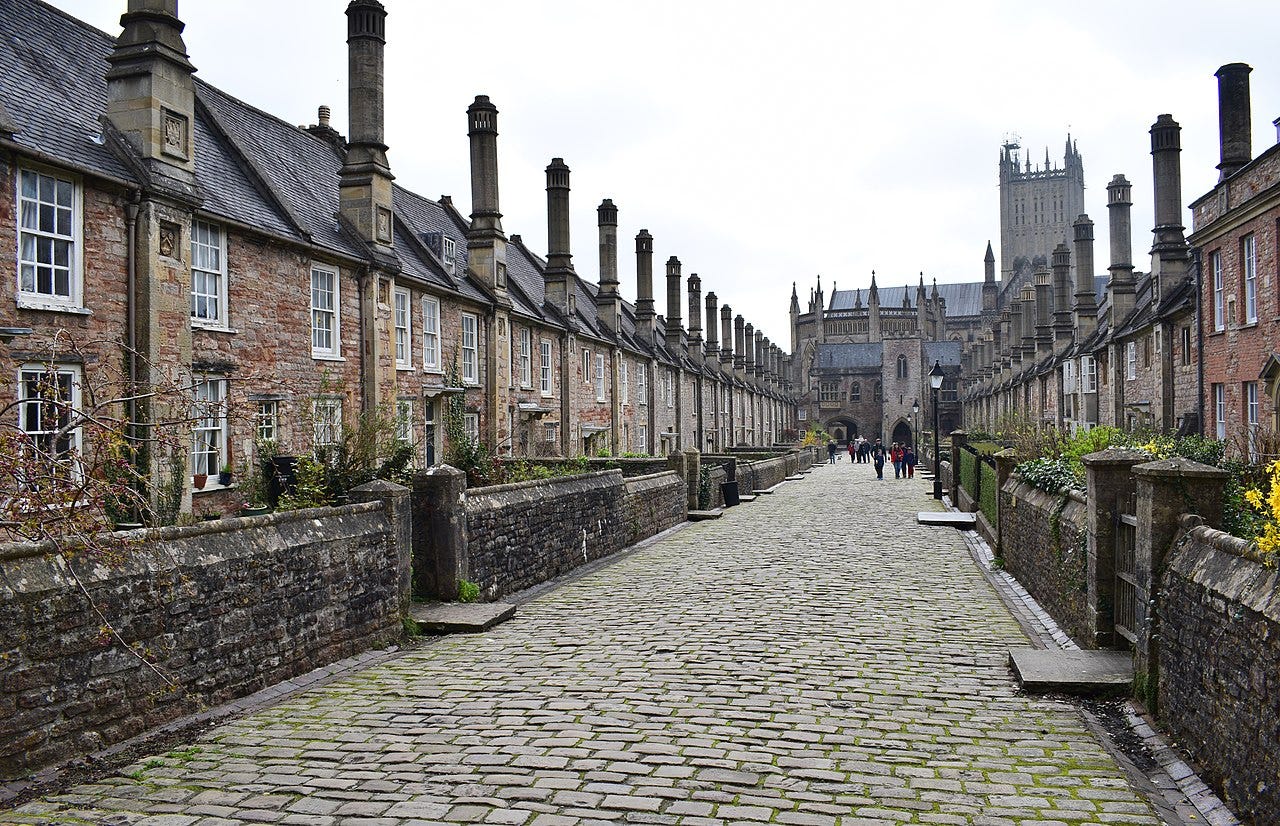‘It was a dark and stormy night.’
This is the famous opening from Edward Bulwer-Lytton’s 1830 novel Paul Clifford although it’s said that there were earlier instances of the phrase. It appears that he was having a bit of fun in writing it. He was in fact, one of the most successful writers of his day.
It was a dark and stormy night; the rain fell in torrents—except at occasional intervals, when it was checked by a violent gust of wind which swept up the streets (for it is in London that our scene lies), rattling along the housetops, and fiercely agitating the scanty flame of the lamps that struggled against the darkness.
The opening has achieved world-wide fame, courtesy of Snoopy.
Getting a novel’s setting right is one of the initial and ongoing tasks of the author. When I started planning my new novel I went through many false starts.
First there was the time period. If I set it in the present day I would get bogged down in the mind-blowing theories of quantum mechanics, multiple universes and string theory. I know what a piece of string is but string theory is too knotty by far. I considered setting it in the 1960s where all sorts of alternative ideas flourished. But in the end, I decided to set it in late Victorian times when the world was in turmoil and, in Britain in particular, disconcerted by Darwin and a crisis in faith.
Then came the location. I thought about Nottingham, where I met my wife, where I proposed to her and where I lived for five years. In the end though, I decided to place the novel in Somerset where I lived for thirty years. And because my oldest and best friend Brian lives in Wells and I’ll be visiting this year, I’ve decided to set it there.
Wells is a marvel, the smallest city in England with one of its most impressive cathedrals. What better place to set a story about church politics, different belief systems and attempts to build bridges in fractious times.
Here’s the opening of the story.
NEWCOMERS
January 1872
Robin Japes pulled out the ripest of the forced rhubarb and placed them in the basket. A goodly haul. A Chaffinch landed on his shoulder and he bade it good morning.
He turned at the sound of hoofs as a Hackney Coach squeezed through the arch from St Andrew’s Street and slowed to a halt directly in front of him. The driver jumped down and opened the door. ‘Here we are sir,’ he said, ‘Choirmaster’s House, Vicars’ Close, Wells.’ He trudged up the path with their cases, one in each hand and another tucked under his arm.
A man with rather worn clothes climbed out and gazed at the house before turning to help his wife alight. He took her arm and beamed. ‘Our new home, Emily.’
She pointed at the path. ‘It’s like a forest path, Clarence,’ she said. ‘All those leaves will be slippery.’
‘Don’t worry, I’ll manage the boy.’
Emily sighed, hitched up her skirt, grasped her husband’s arm and gingerly stepped onto the path.
‘They have a family,’ Robin murmured.
He’d no sooner said this than he heard a squeal of excitement from the coach. Four girls hopped from the carriage and scampered onto the path. They were as noisy as starlings, chattering with excitement at the sight of their new home.
‘Hush, girls,’ their father said. ‘Your papa is the Cathedral Choirmaster which is a very important position. You must make a good impression.’
‘They’re excited, Clarence,’ his wife said. ‘It’s understandable.’
Clarence gave a sigh but caught himself doing so and beamed at his family. ‘Come on everyone,’ he cried, ‘let’s see what the house looks like.’
The girls ran to the front door, giggling with delight. Their younger brother Albert hurried after them but he was not confident on his feet and fell head-first on the path.
Clarence gave him a stern and disappointed look. ‘Get up boy,’ he called. Albert tried to obey but the leaves were too slippery and he held out his hands to his father. Clarence ignored him. After a moment Robin strolled over and silently helped the child to his feet.
Clarence walked past and headed to the door.
‘Well done, Bertie,’ Emily said. ‘You got up without Papa’s help.’ She followed her husband to the door.
The youngest daughter looked at her mother in confusion. ‘Why didn’t you thank that nice man for helping Bertie up?’
‘Don’t be silly, darling, there was no man.’
But Sibyl knew there was. She turned and gave Robin a wave.
Robin stared at the family thoughtfully. ‘Lots of children,’ he said to the Chaffinch. ‘I’d best go and tell Hazel.’
Clarence opened the door and the family followed him in. A long dark corridor led to the staircase; a tall grandfather clock struck eleven.
To its left was an open door. ‘The sitting room,’ Emily said, gesturing the children in. It was a dark and gloomy room, crammed with oak furniture of a decidedly clerical appearance.
‘Excellent quality,’ Clarence said, running his hands across the back of a chair. ‘Good strong English oak.’
Emily touched it and pulled her hand back. It felt soft, almost as if it were made of a liquid she could dip her fingers in.
Finally, here’s information about how Vicars Close is undergoing restoration.
https://www.wellscathedral.org.uk/outreach-learning/history/heritage-and-conservation/vicars-close





what a fascinating place to set the book, Martin. I watched the video and am hoping they've got their target figure now so that the restoration can begin.
It is wonderful. I shall read the whole novel, Martin.